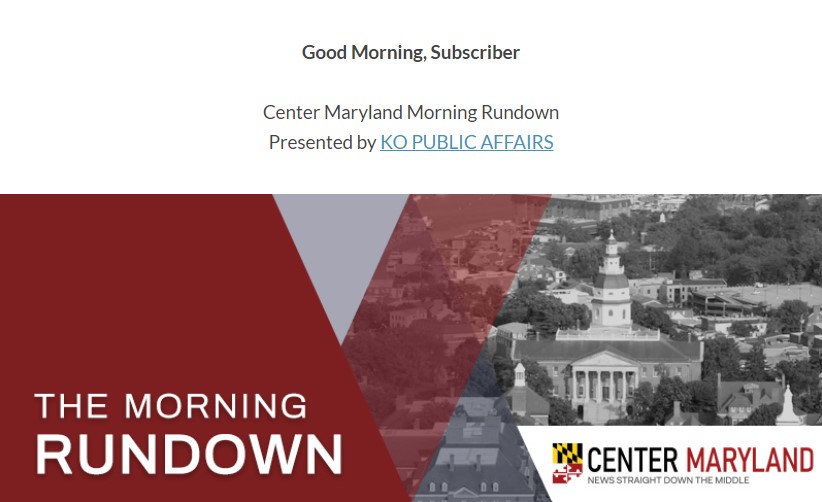Zurawik: For a better America, media need to focus on Biden and not fall for Trump’s attempts to distract
In case you thought former President Donald Trump was going to sit quietly in Florida playing bad golf, drinking Diet Cokes and eating cheeseburgers, consider this TV moment from last week. Early Tuesday evening, CNN and other cable channels were focused on President Joe Biden as he boarded Air Force One for a trip to Milwaukee, where he would take part in his first cable news town hall since becoming president.
